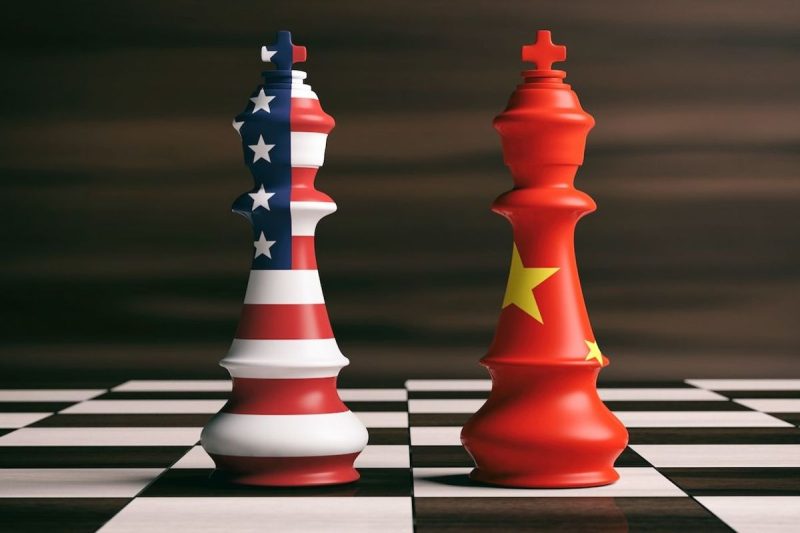The Biden Administration’s Proposed Ban on Chinese Vehicles and Espionage Concerns Explained
The Biden administration’s recent proposal to ban Chinese vehicles in the United States has sparked a heated debate, with arguments on both sides raising valid points. This move stems from concerns related to espionage and national security risks associated with technology present in Chinese-made vehicles. The ban has the potential to impact the automotive industry significantly and alter the dynamics of international trade. In this article, we delve into the rationale behind the ban, the potential consequences it might have, and the broader implications for the automotive sector.
In a world where technology plays an increasingly central role in our lives, the Biden administration’s apprehensions about Chinese vehicles are not unfounded. Chinese-made cars come equipped with sophisticated tech features that could potentially collect sensitive data and jeopardize national security. Given China’s history of using technology for espionage purposes, the concerns raised by the administration warrant serious consideration.
On the flip side, proponents argue that the ban on Chinese vehicles could have far-reaching implications for the automotive industry. The ban might disrupt the supply chain, leading to shortages and price hikes in the market. Moreover, it could strain international relations and provoke retaliatory measures from China, impacting global trade dynamics. The ban could potentially lead to a domino effect, influencing not just the automotive sector but also other industries with intertwined supply chains.
The proposed ban also raises questions about technological independence and national sovereignty. As countries increasingly rely on foreign technology, concerns about data security and privacy become more pronounced. The ban on Chinese vehicles is a reflection of the broader debate surrounding technological sovereignty and the need for countries to develop self-reliant tech industries to safeguard their national interests.
From an economic standpoint, the ban could have ripple effects on the automotive market. Chinese automakers have been expanding their presence globally, and a ban on their vehicles in the U.S. could hamper their growth prospects. It could also create opportunities for domestic automakers to fill the void left by Chinese competitors, potentially spurring innovation and competition in the industry.
In conclusion, the Biden administration’s proposed ban on Chinese vehicles citing espionage concerns is a complex issue with multifaceted implications. While the need to protect national security is paramount, the ban could have wide-ranging effects on the automotive industry and global trade relations. Finding a balance between security concerns and economic considerations will be crucial in navigating this challenging terrain and shaping the future of the automotive sector in a rapidly evolving technological landscape.
